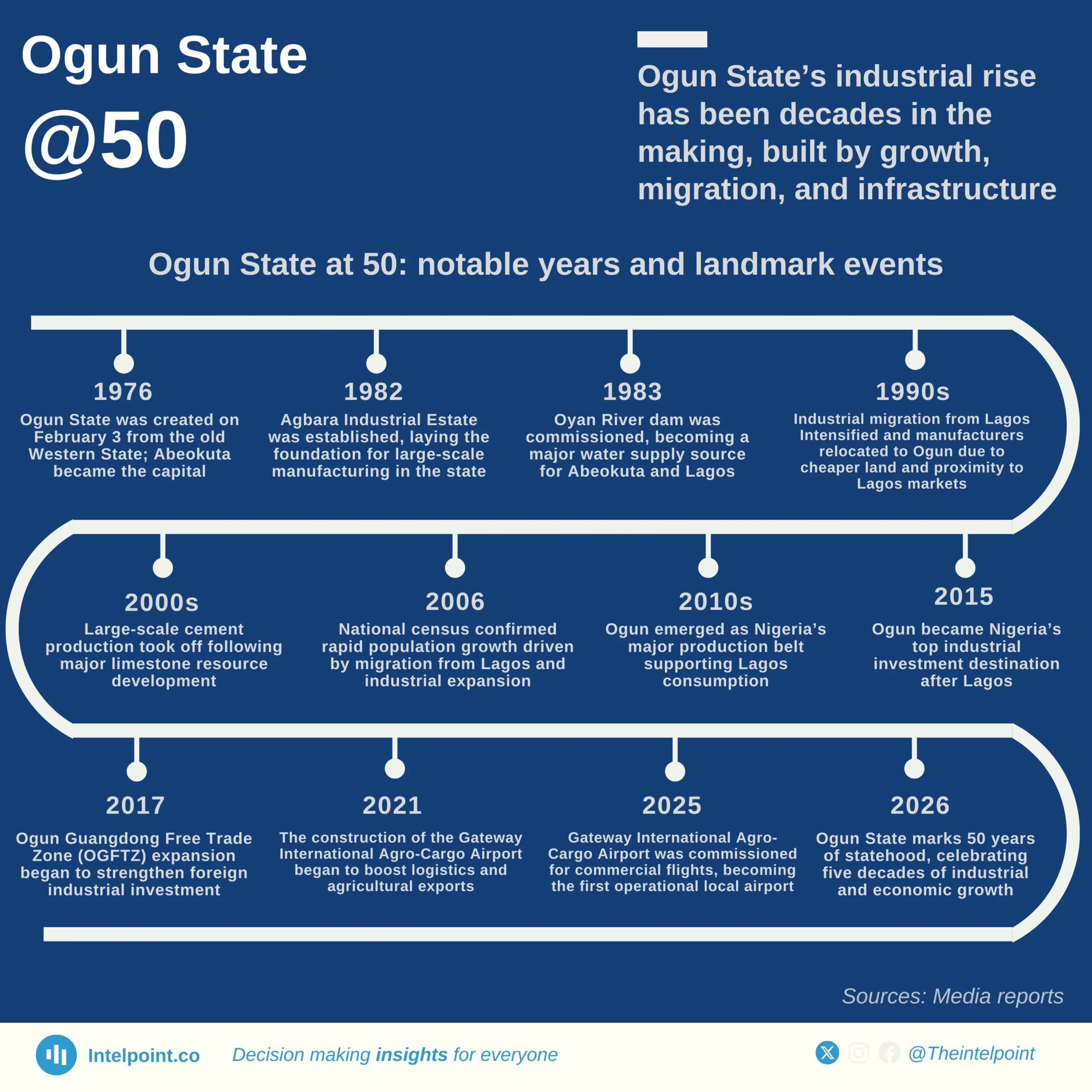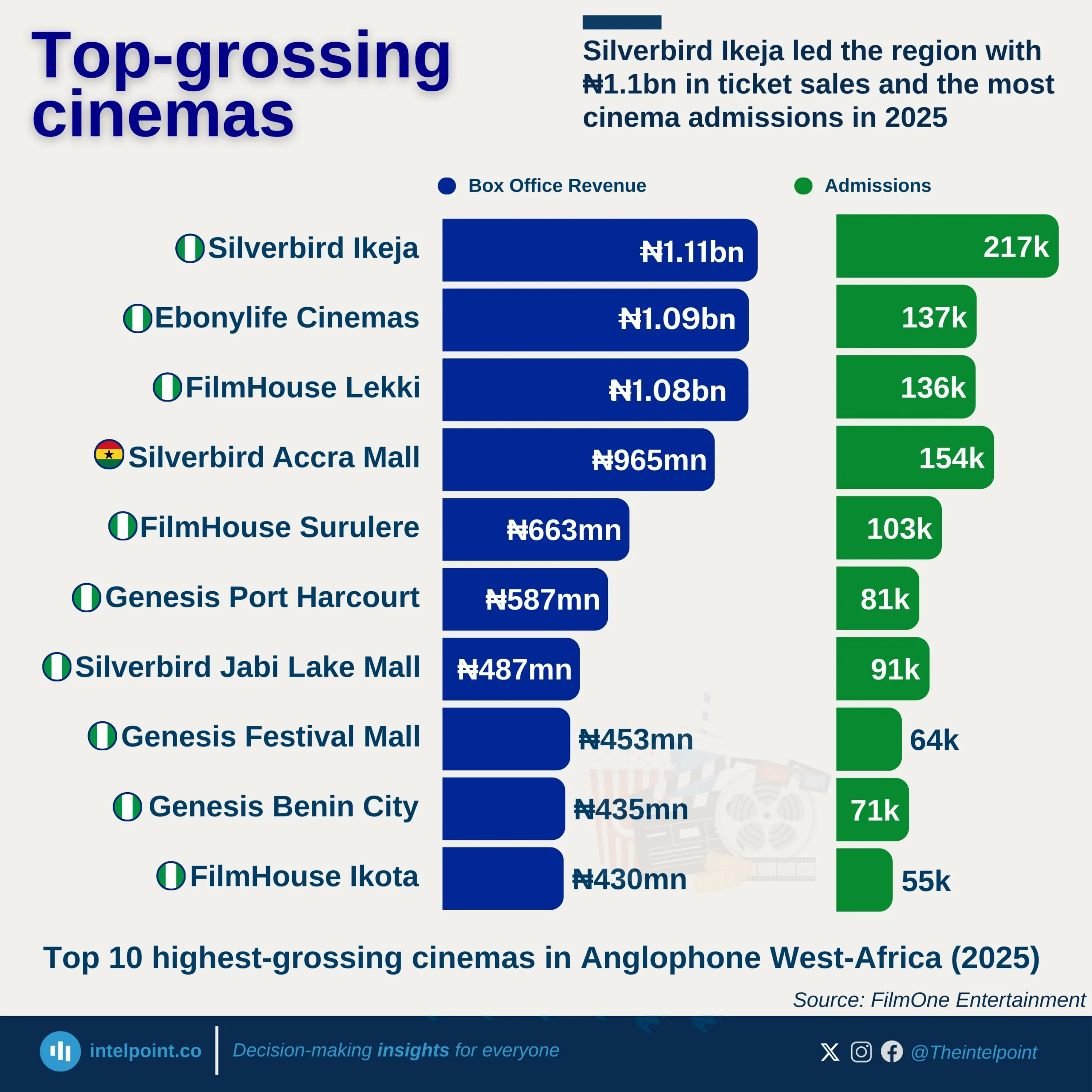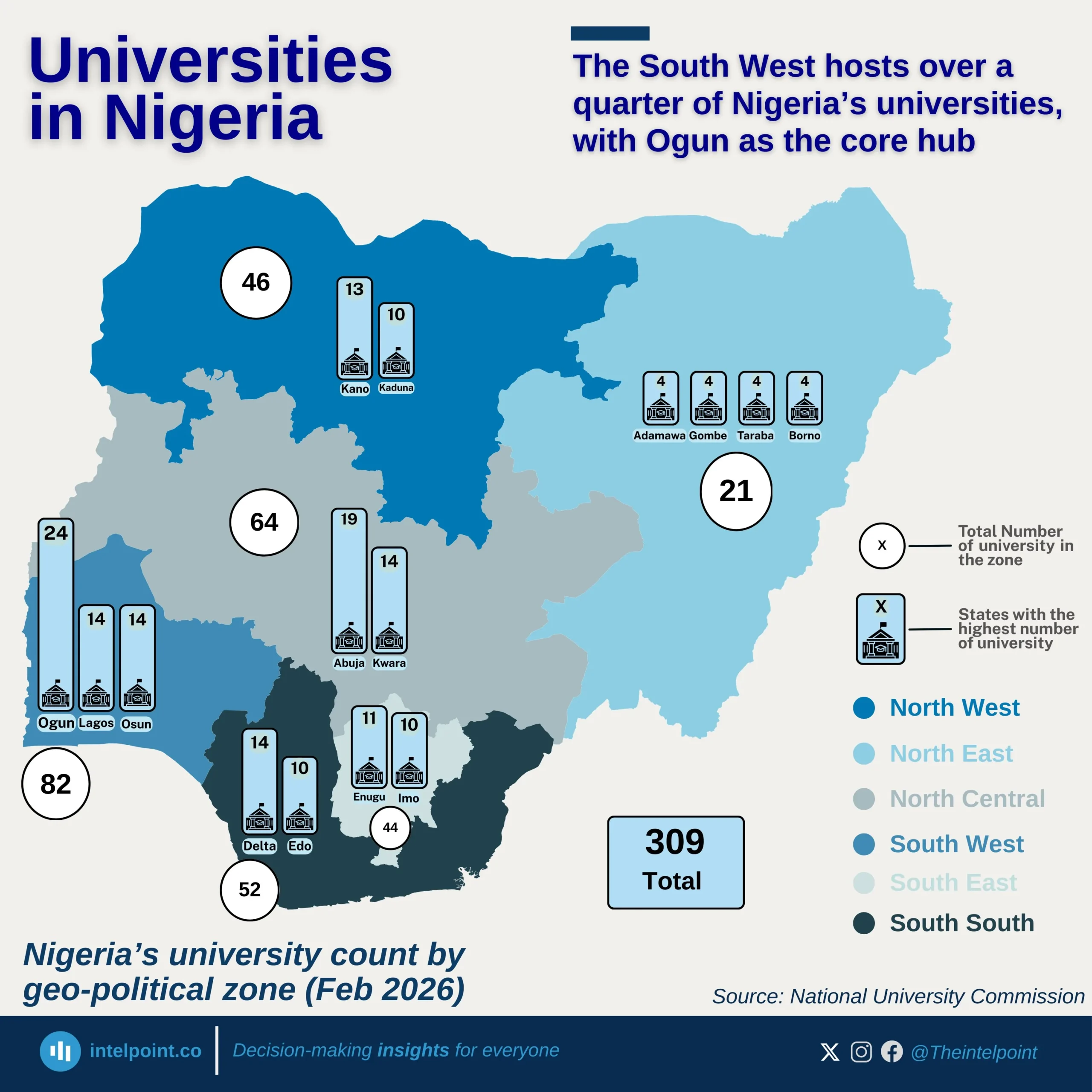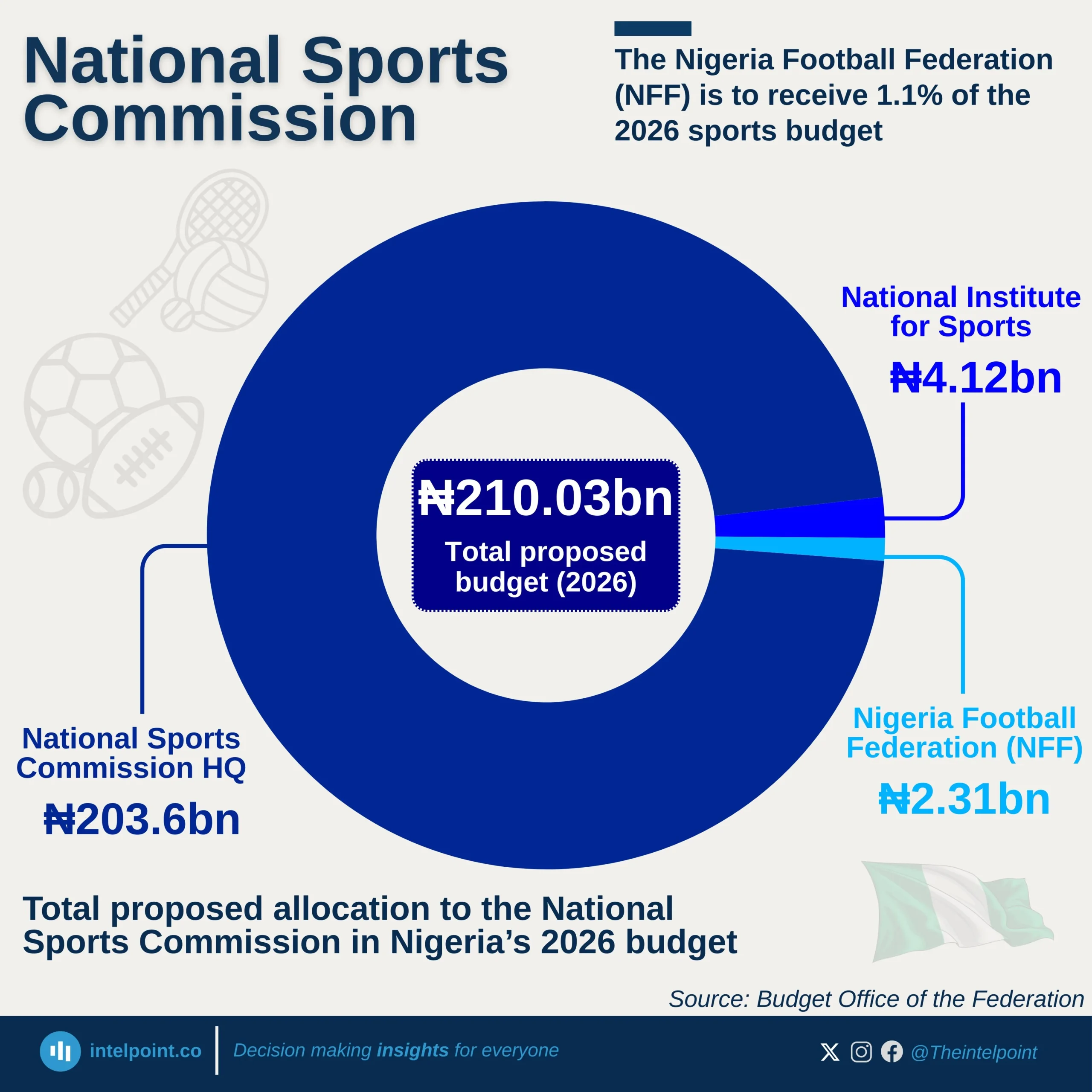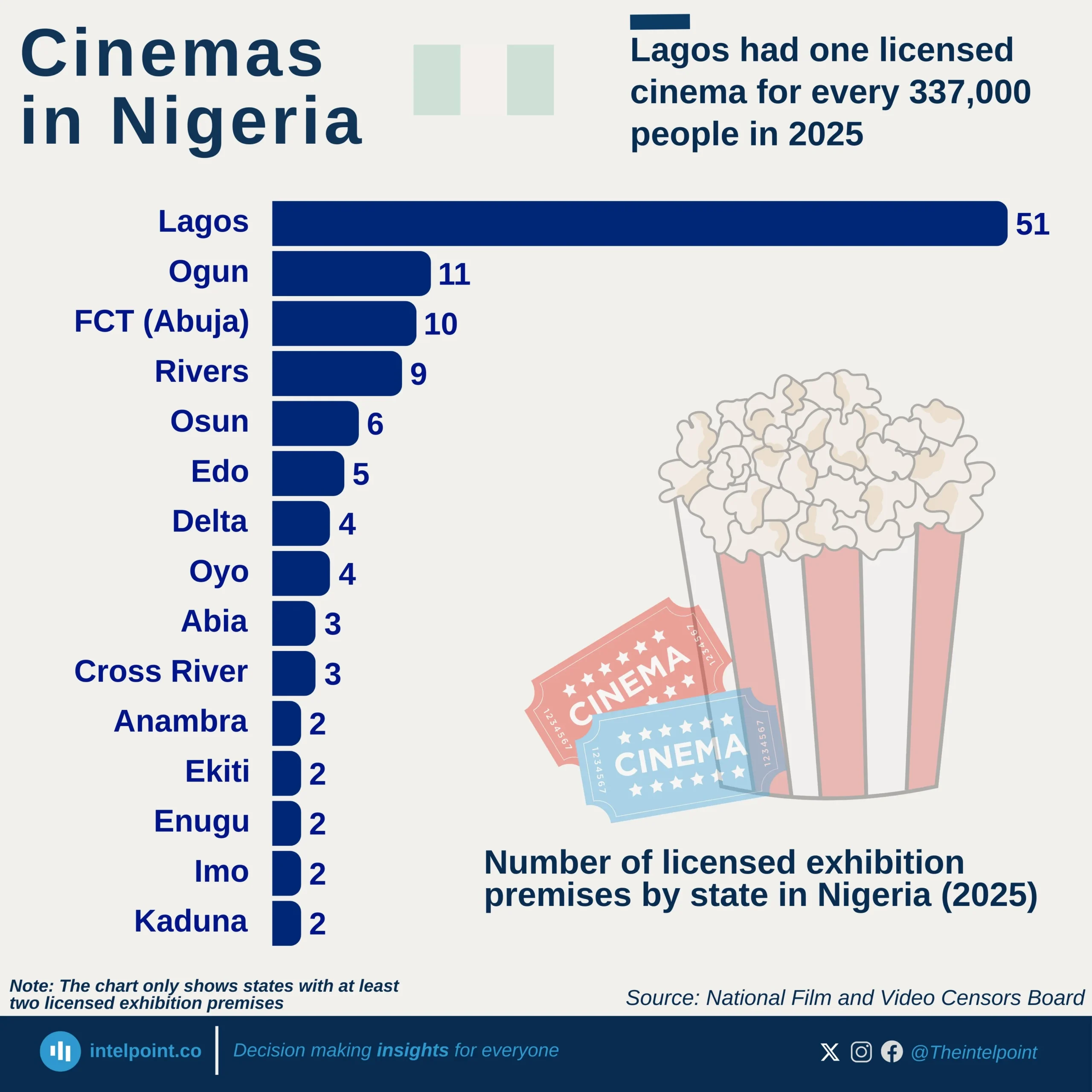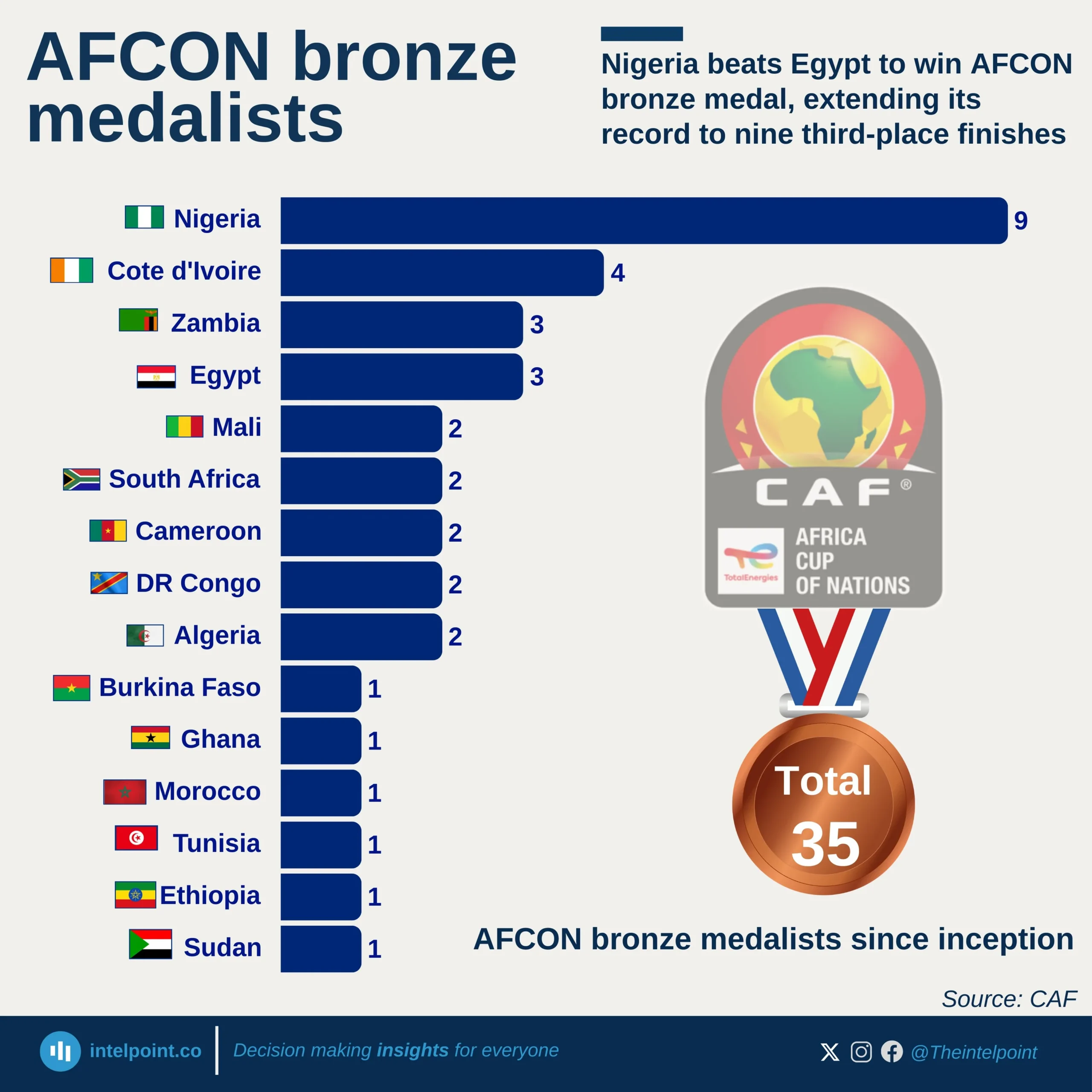In Nigeria’s evolving justice system, non-custodial sentencing is becoming a key tool for rehabilitation and reintegration. With 68.9% of all cases assigned to community service, the data signals a strong reliance on public work as an alternative to incarceration. This suggests a system that prioritises keeping offenders within society rather than behind bars.
However, restorative justice also plays a vital role, accounting for 18.9% of non-custodial sentences. This method focuses on healing and reconciliation, often involving victim-offender mediation, making it a growing trend in alternative justice approaches.
Interestingly, probation remains relatively rare, making up only 5.6% of cases, a stark contrast to international trends where probation is often a primary sentencing alternative. This could point to strict requirements or a lack of infrastructure to monitor probationers effectively.
With 6.7% of sentences falling under "others," Nigeria’s justice system does explore alternative paths beyond conventional non-custodial measures, though these remain a small fraction.
